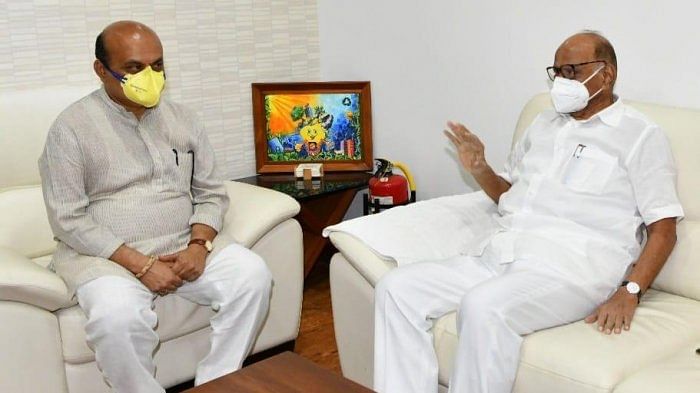
Karnataka Chief Minister Basavaraj Bommai deserves to be complimented for setting aside political differences and meeting Nationalist Congress Party (NCP) leader Sharad Pawar, who was visiting Bengaluru, with a suggestion to amicably resolve the water dispute with Maharashtra through talks. This was followed by detailed discussions with Maharashtra Water Resources Minister Jayant Patil, who also belongs to the NCP which is a coalition partner in the Maha Vikas Aghadi government, with both sides agreeing to hold another round of talks in Delhi soon. It usually takes decades to resolve water disputes through the legal process, often leading to acrimony between the riparian states. The Cauvery Water Disputes Tribunal, which was established in 1990, took 17 years to submit its report on river water sharing between Karnataka and Tamil Nadu. The tribunal was wound up 28 years after it was set up as both states had continued approaching it with further disputes even after the final award, until the Supreme Court adjudicated the matter in 2018. The issue which led to violence in both states over the years continues to linger on and has now grown new wings with Karnataka proposing to construct a balancing reservoir at Mekedatu.
Karnataka’s row with Maharashtra has not been as bitter as with Tamil Nadu, though differences over sharing of waters keep raising its head even after the Krishna Water Disputes Tribunal set up in 1969 submitted its first report in 1973 and the final one in 2010. Bommai is actually taking forward the initiative of his predecessor B S Yediyurappa who had earlier signed an agreement with Maharashtra with a view to resolving certain contentious issues. One of them is the Dudhganga project that will provide both states with surplus water for irrigation. The states had also agreed to mitigate the flood situation by managing the release from reservoirs and sharing real-time data for better water management in Krishna and Bhima basins.
While Maharashtra and Karnataka have decided to take the conciliatory approach, Andhra Pradesh and Telangana have now raised a new dispute demanding additional allocation of water, arguing that the latter was not in existence at the time of the award. Considering that Telangana was carved out of Andhra Pradesh, the demand may not be legally tenable as the tribunal had made it clear that its order would apply to ‘successor states’ as well. Water issues, being highly emotive, are often used by leaders for political gains among their voters. Karnataka and Maharashtra’s decision to show statesmanship by trying to resolve the dispute through dialogue should be a template for other states too.